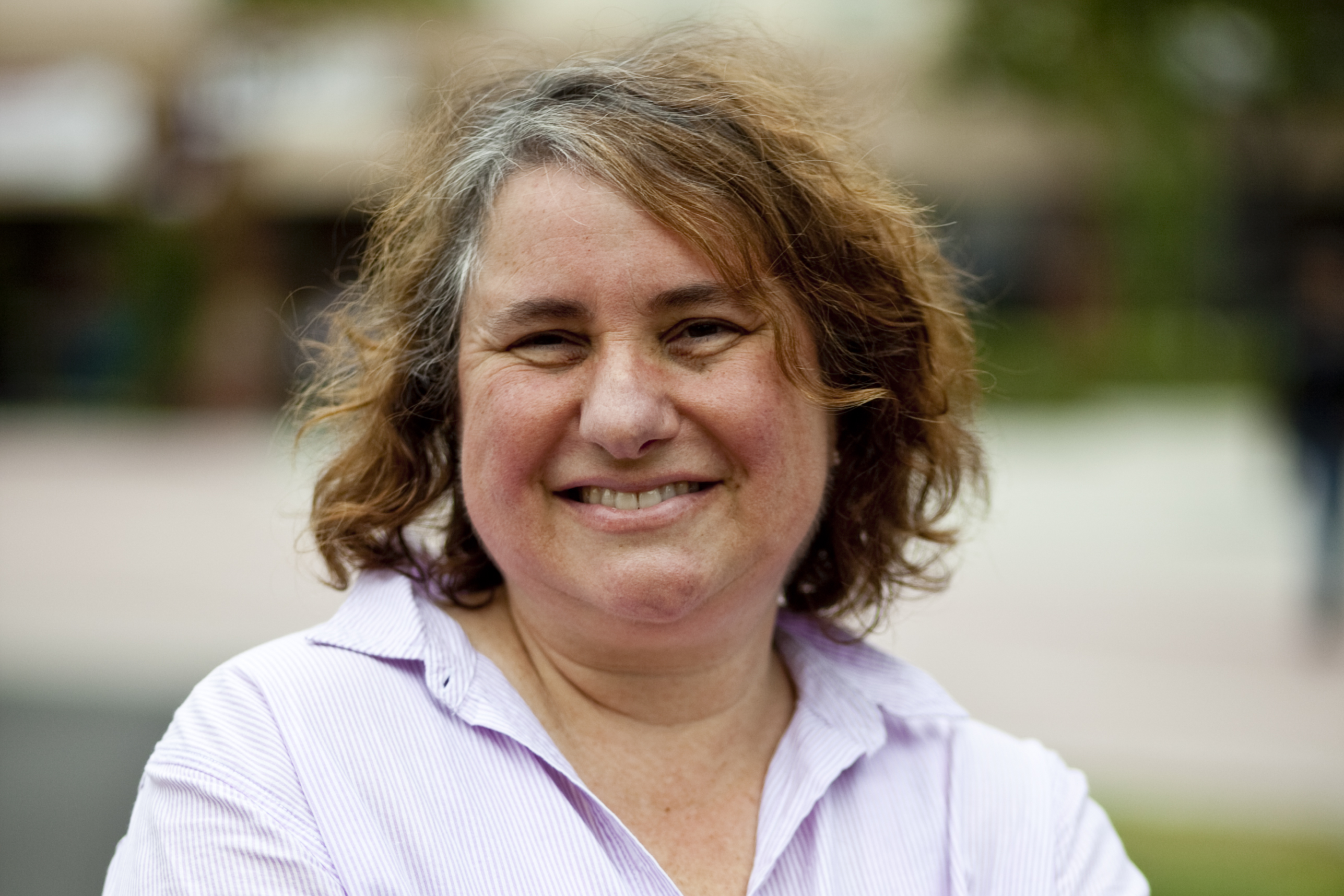
Judith Mendelsohn Rood offers her insight into the Sabbath. |Job Ang/THE CHIMES
As a faculty member at Biola, I am often inspired and blessed by what faculty and students are doing on campus. One of my most cherished academic values is interdisciplinary to support community. For that reason, when the sociology department was building its urban studies major, I jumped at the chance to develop a course on the history of the city. This fall, inspired by the Year of the Arts, I am teaching a specialized version of that course, focusing on Jerusalem. It has been the most satisfying course that I have ever taught because I am integrating all of my passions as a historian of the Middle East.
Teaching Biolans about Jerusalem
We Jews have been praying for 2,000 years, “If I forget thee, O Jerusalem, let my tongue cleave to the roof of my mouth and may my right hand forget her cunning.” And, at our Passover Seders, “Next Year in Jerusalem!”
Although I am a specialist on the Islamic history of Jerusalem, this is the first time I have been able to teach a whole course on the Holy City. As a result, I have learned how hungry Biolans are to learn about the roots of their faith.
Many of us are reading Abraham Joshua Heschel’s wonderful meditation, “The Sabbath,” which he describes as a sanctuary built out of time. We have lingered on the idea that it is the Sabbath that is first declared holy, set apart because God is holy. We have been meditating on what it means to say that God is present, imagining what the Shekinah Glory was like in the Tabernacle and the Holy of Holies.
My students have been journaling as they’ve prayed the Psalms of Ascent about what it means to approach the Holy One, washed in the blood of the Lamb today, when there is no Temple. We find ourselves thanking God in new ways for his mercy, loving-kindness, and care for us, sinners that we are.
We visited the labyrinth behind Mount Olive Lutheran Church on Biola Avenue to experience pilgrimage as we study the political consequences of Christian and Muslim conflict over the control of the city in the Middle Ages. We do this by focusing on the Dome of the Rock and a 15th-century Uighur text depicting Muhammad’s night journey to the “farthest mosque” and his Ascension from “The Rock” in Jerusalem. All of that in just the first half of the semester! A group of us are going to Israel to study at Jerusalem University College, located on Mount Zion, this interterm. We’ll be studying with our Bibles in one hand, maps in the other as we travel to study the history and geography of Israel.
Communal understanding of the Sabbath
As the Jewish Festival of Tabernacles comes to a close, I rejoice that our community is studying the meaning of the Sabbath, remembering and observing it together as a testimony to God’s providence, our inheritance at Biola. My prayer is that our community would remain forever grounded in the Holy Scriptures, with the understanding that God has worked in human history, and that Jesus really lived, died, and was born again.
May we all embrace him together as one, remembering his faithfulness and his love as he continues to tabernacle among us whom he has called out from all the nations. Let us remember the Jewish people and Israel in our prayers, in gratitude for the prophets, the Scriptures, and the promises. Pray for the peace of Jerusalem and for all that love her, and pray for the church that she will continue in her witness that Jesus is Lord.







